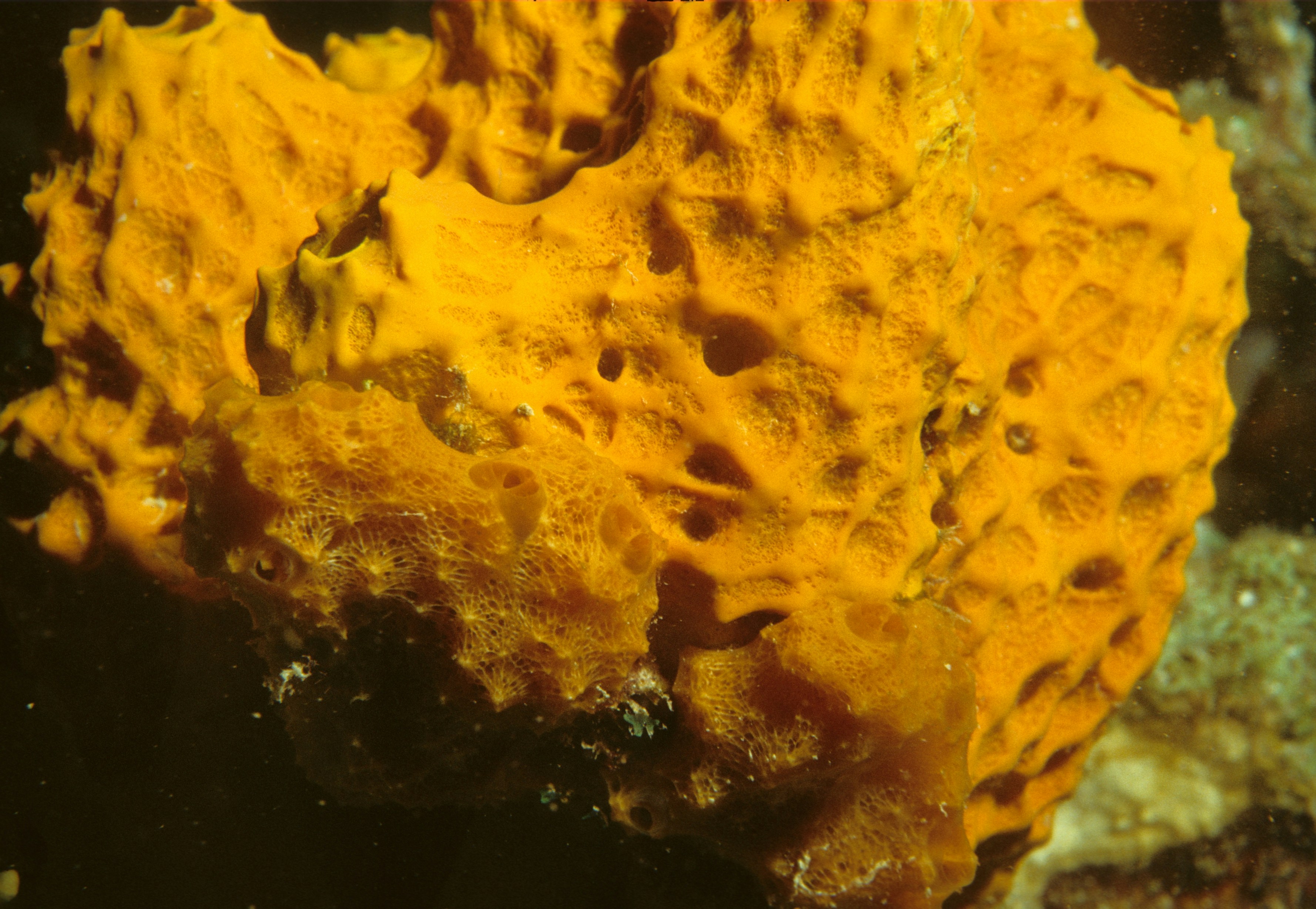News release
From:
Global temperatures may have already risen by 1.5°C since the pre-industrial period, according to an Australian-led team of researchers. Aiming to limit temperature rises to 1.5°C or below was a goal of the Paris Climate Agreement struck in 2015. While previous estimates of warming are based on sea-surface temperature records, these only date back to the mid-1800s. The team says some long-lived sea sponges contain hundreds of years of data on chemical changes within their skeletons, which can be used to estimate temperatures from much earlier. The researchers used sponge samples from a species in the Eastern Caribbean to explore temperatures over the past 300 years, and say their estimates show 1.5°C of warming relative to the pre-industrial period has already been reached.
Join this embargoed briefing to hear from the lead author of the paper, which will be published in Nature Climate Change next week.
Speaker:
- Emeritus Professor Malcolm McCulloch, The University of Western Australia
Date: Fri 02 Feb 2024
Start Time: 12 noon AEDT
Duration: Approx 45 min
Venue: Online - Zoom
Expert Reaction
These comments have been collated by the Science Media Centre to provide a variety of expert perspectives on this issue. Feel free to use these quotes in your stories. Views expressed are the personal opinions of the experts named. They do not represent the views of the SMC or any other organisation unless specifically stated.
Professor Malte Meinshausen is a Professor in Climate Science at The University of Melbourne, and Science Director at Climate Resource
At first look, this single new study seems to say that the IPCC radically underestimated warming. However, it is studies exactly like this that highlight the merit of the IPCC, in which hundreds of scientists comb through thousands of scientific studies to distil robust findings.
A single new paleo record off the coast of Puerto Rico is a valuable addition to the large evidence of warming. But it is just that, one study among hundreds. The IPCC's findings still stand strong.
We are close to 1.5C warming and there is no reason for complacency on the path towards net zero emissions. We can keep our established global mean temperature records as the useful speedometer, which tells us that we have to step on the brakes in terms of emissions.
Professor Mark Howden FTSE is Director of the ANU Institute for Climate, Energy & Disaster Solutions (ICEDS) at the Australian National University
This paper uses a new data set from the Caribbean to establish a long-term temperature record which appears to be well-correlated with global surface temperature trends. It shows that industrial-era warming began in the mid 1860’s, similar to previous research by Prof Nerilie Abram from the Australian National University and colleagues. It suggests that the total magnitude of warming since pre-industrial times (about 1.7°C) is much greater than the estimates built into the UNFCCC Paris Agreement (which indicate about 1.25°C warming). This implied different baseline temperature does not mean that we have to recast the 1.5°C and 2°C temperature goals but it does emphasise the duration and magnitude of human impact on global systems. It will be important to draw from other, similar, data sources beyond this one region to establish the global nature of these relationships.
Dr Georgy Falster is a climate researcher at The University of Adelaide
New research shows that human-caused global warming started as early as the 1860s – several decades earlier than previously thought. The new research also shows with the correction for the early-onset global warming, we have already overshot the 2015 Paris Agreement threshold of 1.5° above pre-industrial global temperature – and are on track to exceed 2° of warming by the late 2020s. The study also shows the rate of global warming has increased in the past few decades.
The new record of global temperature change comes from a type of sea sponge that grows a hard carbonate skeleton. The ratio in which the sea sponges store strontium versus calcium in their skeletons is directly related to the temperature of the water they grow in. The sea sponges used in this research grew in a part of the ocean that closely tracks global temperature.
For scientists to be able to calculate how much global temperature has risen above pre-industrial levels, we have to know exactly what the pre-industrial global temperature was. Temperature 'proxy' records like this, from natural archives, are extremely valuable because direct temperature measurements didn’t become widespread until well into the 1900s, when global warming had already started. This new record of global temperature from sea sponges starts in 1700 – long before the industrial era when humans started releasing large amounts of CO2 into the atmosphere. This means that the sea sponges are a 'natural thermometer' that provide an accurate pre-industrial temperature baseline.



 Australia; International; VIC; WA; ACT
Australia; International; VIC; WA; ACT



